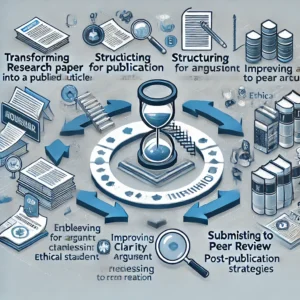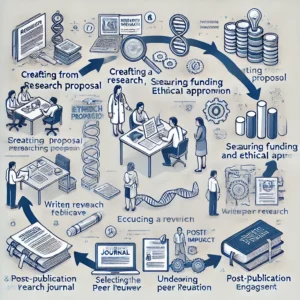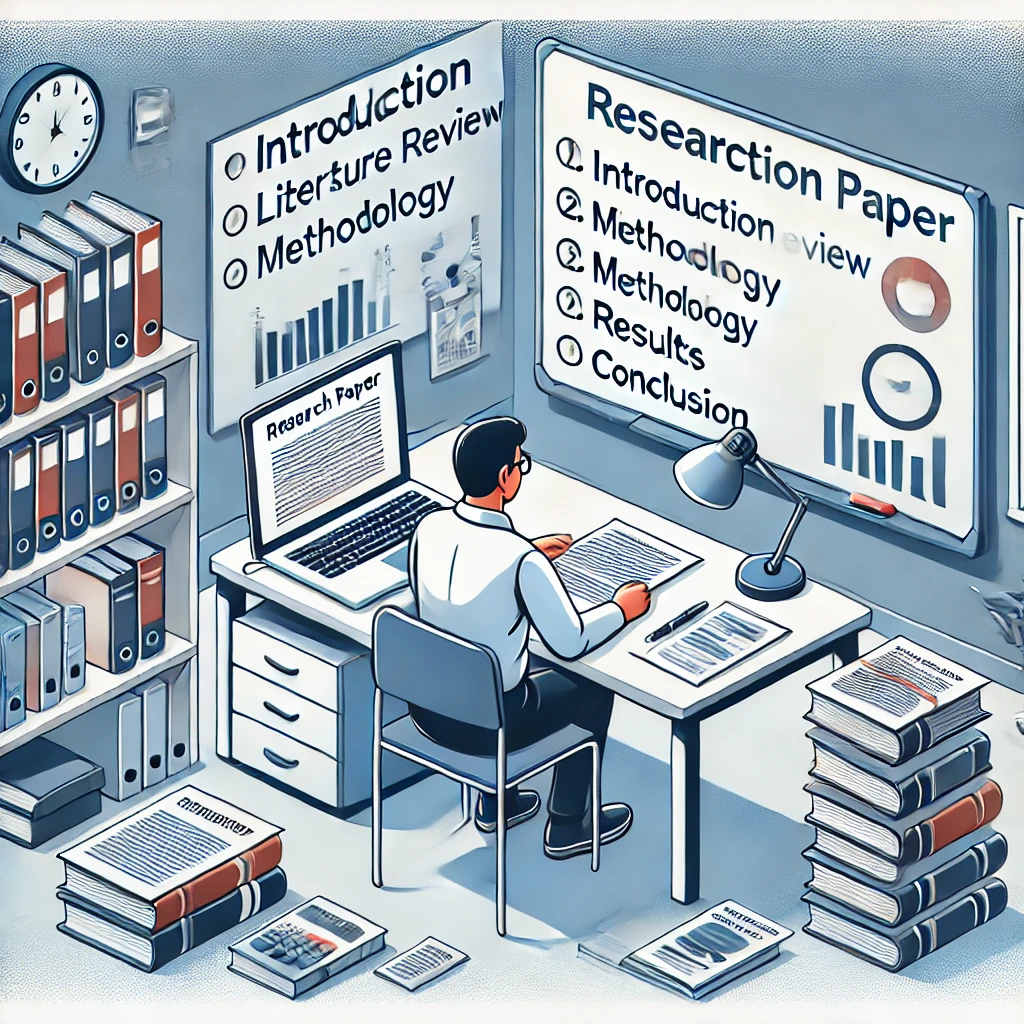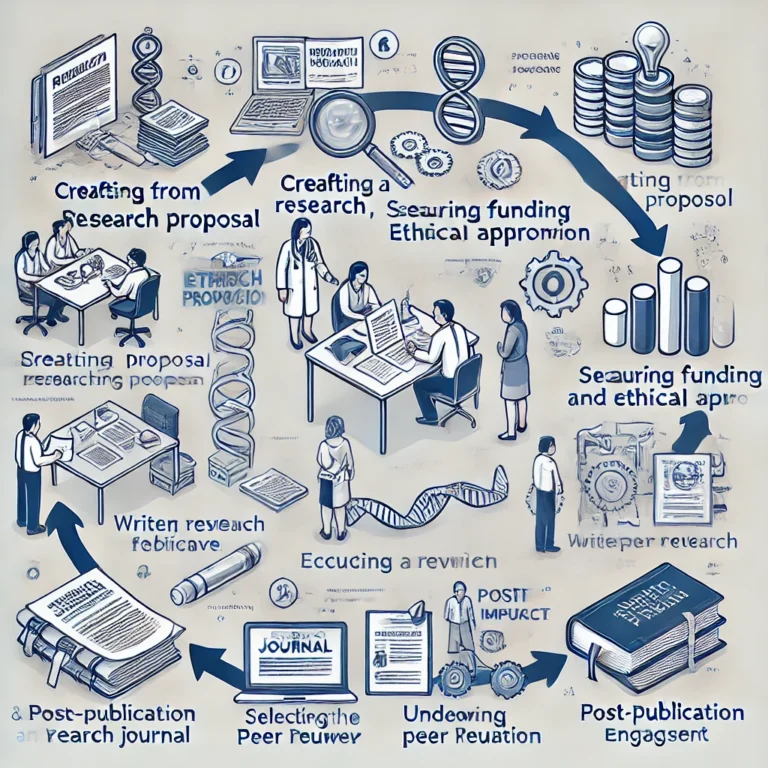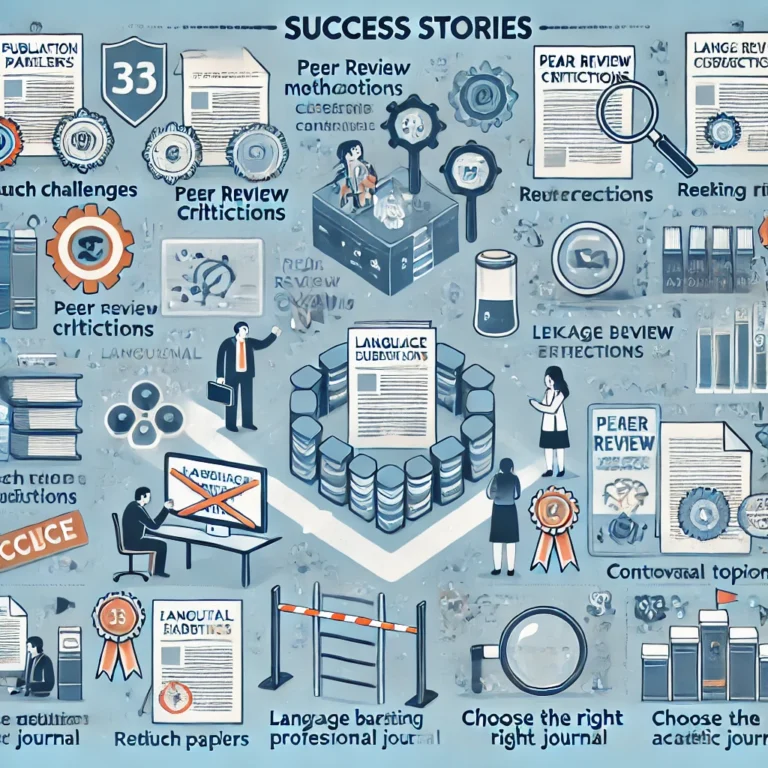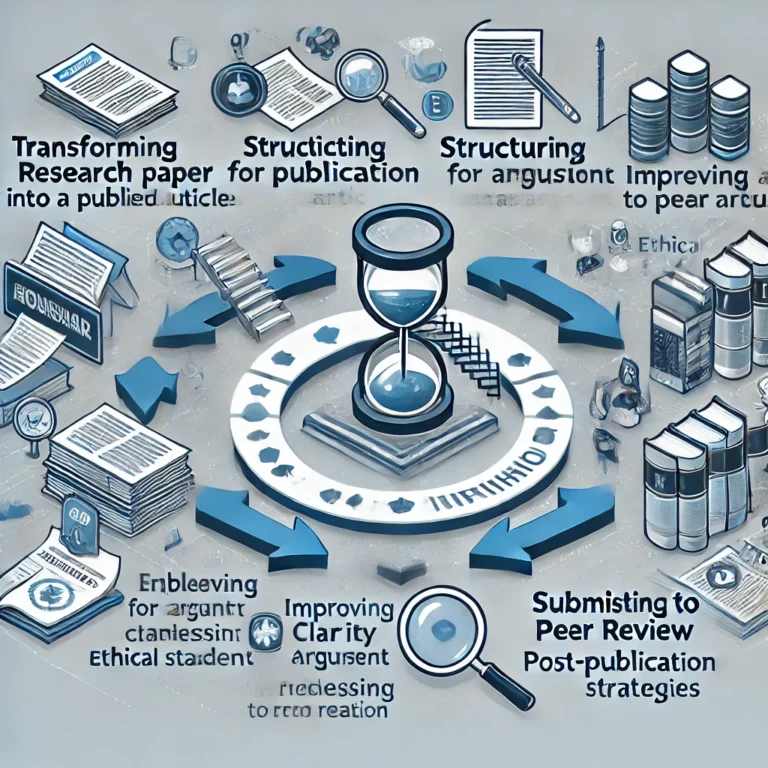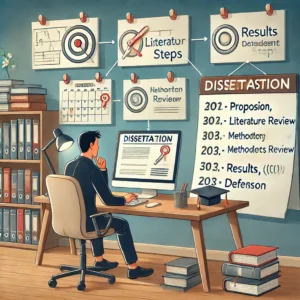Writing a high-quality research paper requires careful planning, thorough research, and a clear presentation of ideas. Whether you are a student, academic, or researcher, following structured strategies can help you produce impactful and credible research work. This guide outlines essential strategies for crafting top-notch research papers.
1. Selecting a Strong Research Topic
A well-defined topic sets the foundation for a quality paper. Consider the following factors:
- Relevance to your field of study
- Significance and originality of the topic
- Availability of credible sources
- Feasibility of research within the given timeframe
2. Conducting a Comprehensive Literature Review
A literature review helps you understand existing research, identify gaps, and refine your research question. Key steps include:
- Exploring scholarly articles, books, and conference papers
- Using citation management tools like Zotero, Mendeley, or EndNote
- Synthesizing key findings to establish the research context
3. Developing a Clear Research Question or Hypothesis
A focused research question or hypothesis directs your study. Ensure that it is:
- Specific and well-defined
- Researchable using available data and methods
- Relevant to existing literature
4. Designing an Appropriate Research Methodology
Selecting the right methodology enhances the validity and reliability of your findings. Consider:
- Qualitative, quantitative, or mixed-method approaches
- Data collection methods (surveys, experiments, interviews, etc.)
- Ethical considerations and approvals
5. Organizing the Paper with a Logical Structure
A well-structured research paper follows a standard format:
- Title Page: Includes the paper’s title, author(s), and affiliation(s).
- Abstract: A concise summary of the study’s objectives, methodology, findings, and conclusions.
- Introduction: Introduces the research problem, significance, and objectives.
- Literature Review: Discusses prior research and theoretical frameworks.
- Methodology: Explains research design, data collection, and analysis techniques.
- Results: Presents key findings with appropriate evidence.
- Discussion: Interprets results, compares them with existing research, and explores implications.
- Conclusion and Recommendations: Summarizes key takeaways and suggests future research directions.
- References: Lists all sources in a standardized citation format (APA, MLA, Chicago, etc.).
- Appendices: Includes supplementary materials such as survey questionnaires or raw data.
6. Writing with Clarity and Precision
To ensure clarity and coherence in your research paper:
- Use clear and concise language
- Avoid jargon and overly complex sentences
- Maintain a formal academic tone
- Support arguments with credible evidence and citations
7. Citing Sources Correctly
Proper citation of sources enhances credibility and prevents plagiarism. Follow these best practices:
- Use recognized citation styles (APA, MLA, Chicago, IEEE, etc.)
- Keep track of references using citation management tools
- Paraphrase and quote appropriately to attribute sources
8. Editing and Proofreading
Careful editing improves readability and accuracy. Focus on:
- Grammar, spelling, and punctuation
- Logical flow and coherence of arguments
- Formatting consistency
- Eliminating redundant content
9. Seeking Feedback and Revising
External feedback strengthens the quality of your paper. Consider:
- Peer reviews from colleagues or mentors
- Feedback from academic advisors or supervisors
- Revisions based on constructive criticism
10. Preparing for Submission and Presentation
Before submitting your research paper:
- Ensure compliance with journal or academic institution guidelines
- Format figures, tables, and references properly
- Prepare a compelling presentation if required
Final Thoughts
Crafting a high-quality research paper requires dedication, critical thinking, and attention to detail. By following these effective strategies, you can enhance the clarity, credibility, and impact of your research work. Remember, continuous learning and practice will refine your academic writing skills over time.

